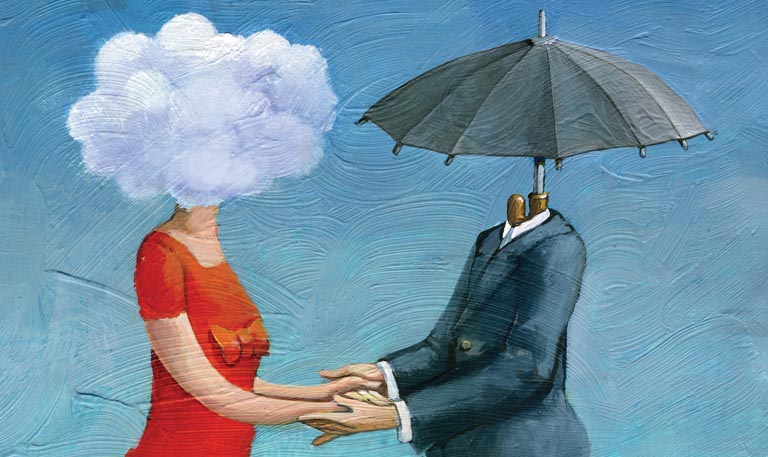We’re probably all familiar with various quotes about acceptance. It’s a popular concept, and subject of countless inspirational books, TED talks,and posters. Given the turmoil and uncertainty wrought by COVID though, it is worthwhile to consider the notion of acceptance more fully and how we can integrate it into our daily experiences.
My friend Bob Zufall is a great candidate for the Acceptance Hall of Fame. Now 97, Bob retired as a private practice urologist in 1990. Though he considered spending his retirement doing international relief work, he saw a compelling need locally. With his wife Kay, he started a tiny one-room free clinic to care for underserved individualsin Dover, New Jersey, their own town. The Dover Free Clinic eventually became a thriving enterprise with six locations in alland was renamed Zufall Health Centers to honor its founders’ vision and commitment.
Eighteen years after starting the clinic, Bob stepped down from practicing medicine but remained on the centers’board. Along the way, Kay developed Alzheimer’s Disease. Bob provided steadfast care for her until her death at age 87. Soon, Bob experienced health problems of his own, including fall-related injuries, and concluded he could no longer live alone.
Losing his wife through debilitating illness and experiencing his own gradual decline, Bob came to accept this phenomenonexpressed bypsychoanalyst Erik Erikson, “You’ve got to learn to accept the law of life and face the fact that we disintegrate slowly.” Despairing? Possibly. But Erikson also observed that to avoid despair, we need to be able to look back on a life that feels complete.
Bob derived tremendous satisfaction from his “second” career, affecting how he thinks of himself in his old, old age. He told me, “It does make me feel better about dying to know I’ve done something good with my life.” He accepts that his remaining time may be short.But another part of acceptance is graciously accepting help when you need it. Although Bob realized that decline would occur, even with all his medical experience he was reluctant to seek help. Virtually every person at age 97 will need help! Bob was able to acknowledge this after honest conversations with his family. He now uses a walker to avoid falls and accepts personal help from others.
If something calamitous happens—and it will—we can accept this as part of life, becoming more resilient and adaptable in the process. Just in the last two years, we’ve endured many ups and downs related to the pandemic, from illness and isolation to vaccines and long-awaited reunions with loved ones. Of the many maxims related to acceptance, one that I find well-suited to aging, adversity, and acceptance is attributed to none other than Eleanor Roosevelt. It speaks to perseverance, integrity, strength, and humility: “You have to accept whatever comes and the only important thing is that you meet it with courage and with the best that you have to give.”
Eric B. Larson, MD, MPH, is the author, with Joan DeClaire, of Enlightened Aging. He is the founding principal investigator of the Adult Changes in Thought (ACT) study, ongoing for about 30 years. ACT recently was awarded a $55.6 million expansion grant from the National Institutes of Health.


